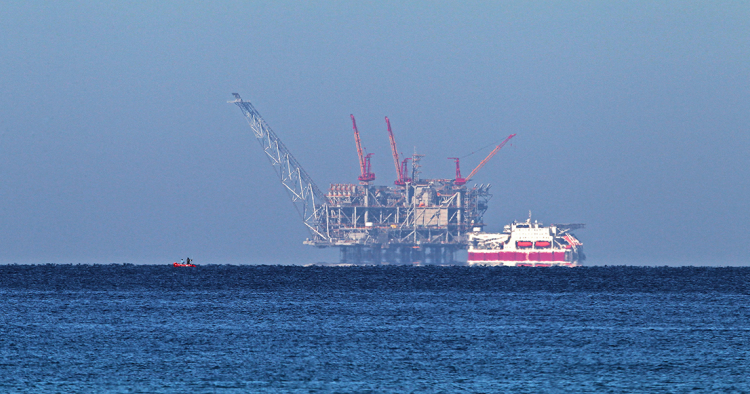The state of Israel and the terrorist group Hamas are engaged in an existential conflict, each threatening the survival of the other, as well as the survival of civilians, both Palestinian and Israeli, caught in-between. The conflict could widen into a regional or even global crisis. For energy markets and the global economy, the risks are considerable and could swerve or accelerate in response to multiple variables. Structurally, the global economy is in a moment of flux, with persistent inflationary pressure, lack of fiscal space for many indebted economies, competitive industrial policy in renewables that may detract from decarbonization incentives in the developing world, lack of clarity in the growth and direction of China’s economy, and an on-going war in Ukraine.
In the Arab world, Egypt and its 110 million citizens are edging closer to a full-on economic crisis, with currency devaluation sure to follow December’s presidential elections even in a best-case scenario. A war next door accelerates Egypt’s domestic destabilization. Lebanon, meanwhile, has no state capacity to contain violence or deliver services in a spreading crisis, nor any ability to restrain Hezbollah. The Eastern Mediterranean gas hub is already under strain, as Israel stopped gas exports to Egypt from its Tamar field after the Hamas attacks. Gulf investments in Israel’s gas projects could be upended, too. A U.S.-brokered deal last year between Israel and Lebanon raised hopes for Lebanese gas exploration.That now looks sure to fail, not only because the early findings have been disappointing, but because there will be little encouragement to explore further. The Arab states around Israel do not have the fiscal space or the political levers to manage security and economic crises at the same time.
Photo by JACK GUEZ/AFP via Getty Images
The Middle East Institute (MEI) is an independent, non-partisan, non-for-profit, educational organization. It does not engage in advocacy and its scholars’ opinions are their own. MEI welcomes financial donations, but retains sole editorial control over its work and its publications reflect only the authors’ views. For a listing of MEI donors, please click here.













